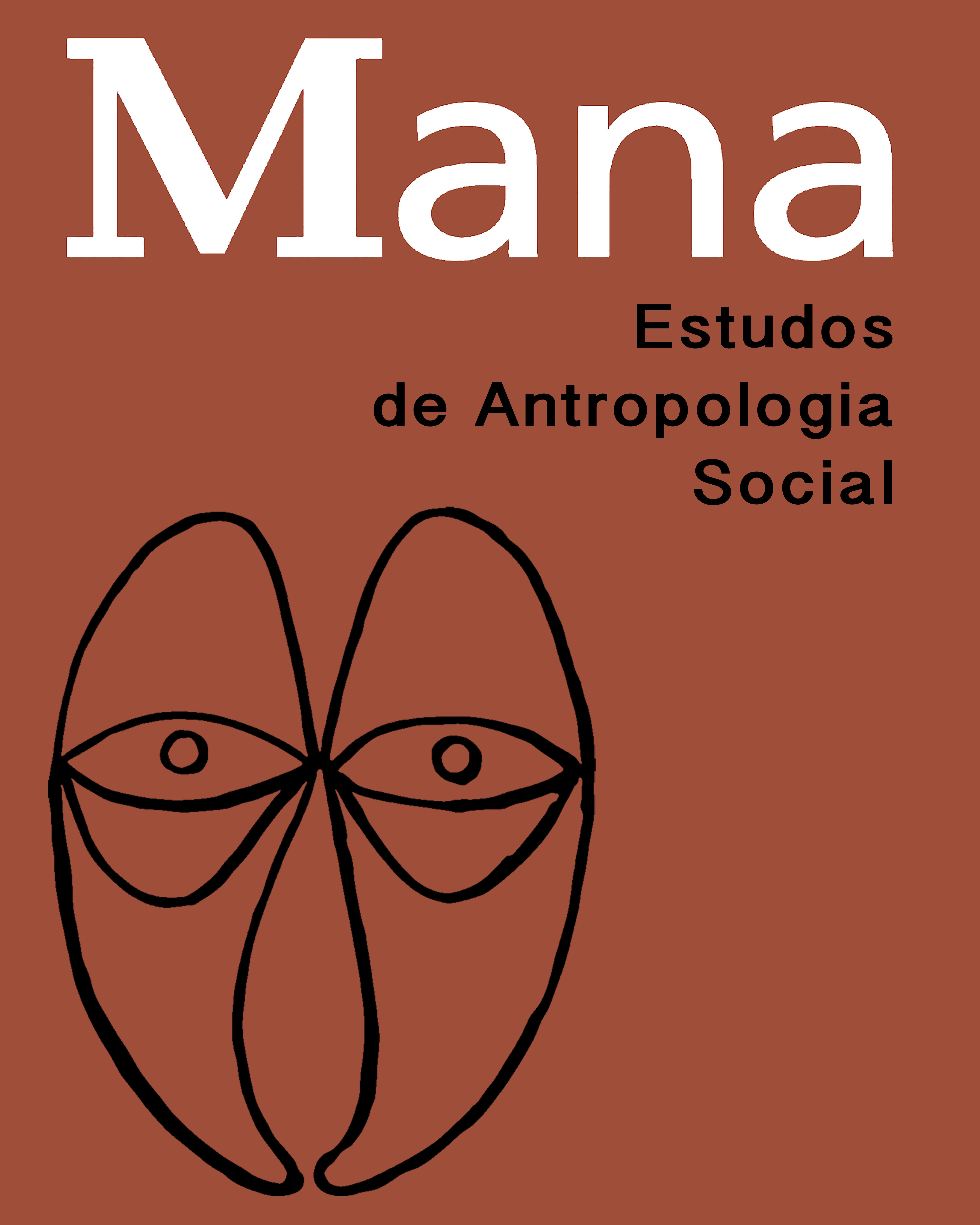Abstract
In this article the narrative of the film Bye Bye Brazil (Carlos Diegues, 1979) acts as a guide to discuss a notion of progress that is widespread across diverse contexts, and that becomes particularly salient during certain historical moments. With regard to the process of the colonization of the Amazon, and in particular of the municipality of Altamira, we look at two key moments in which the concept is mobilized: the opening up of the Transamazonian highway, and, some forty years later, the construction of the Belo Monte hydroelectric dam. Starting with the specific role that the notion assumes in the colonization of Altamira, I intend to view the notion of progress as a double aspect: a way of understanding and expressing the passage of time through a sort of condensed and diffuse philosophy of history; and, on the other hand, a potent metaphor that associates the domain of time with that of human action.
Keywords:
Trans-Amazonian Highway; progress; time; Anthropology of Cinema

 Thumbnail
Thumbnail
 Thumbnail
Thumbnail
 Thumbnail
Thumbnail
 Thumbnail
Thumbnail
 Thumbnail
Thumbnail
 Thumbnail
Thumbnail
 Thumbnail
Thumbnail
 Thumbnail
Thumbnail
 Fonte: Realidade (outubro 1971)
Fonte: Realidade (outubro 1971)
 Fonte: Realidade (outubro 1971)
Fonte: Realidade (outubro 1971)
 Fonte: Realidade (outubro 1971)
Fonte: Realidade (outubro 1971)
 Fonte: Realidade (outubro 1971)
Fonte: Realidade (outubro 1971)
 Fonte: Realidade (outubro 1971)
Fonte: Realidade (outubro 1971)
 Fonte: Realidade (outubro 1971)
Fonte: Realidade (outubro 1971)
 Fonte: Realidade (outubro 1971)
Fonte: Realidade (outubro 1971)
